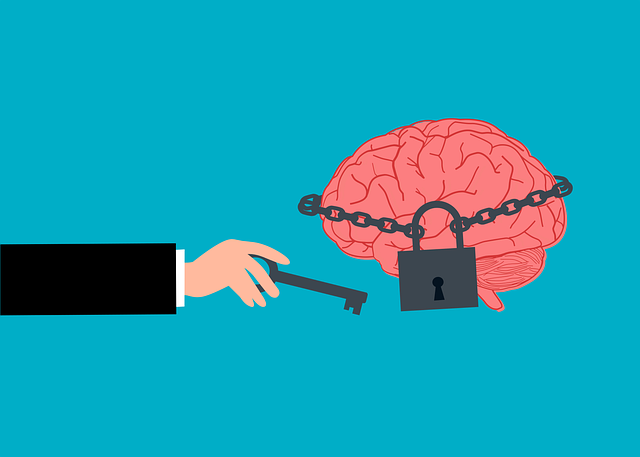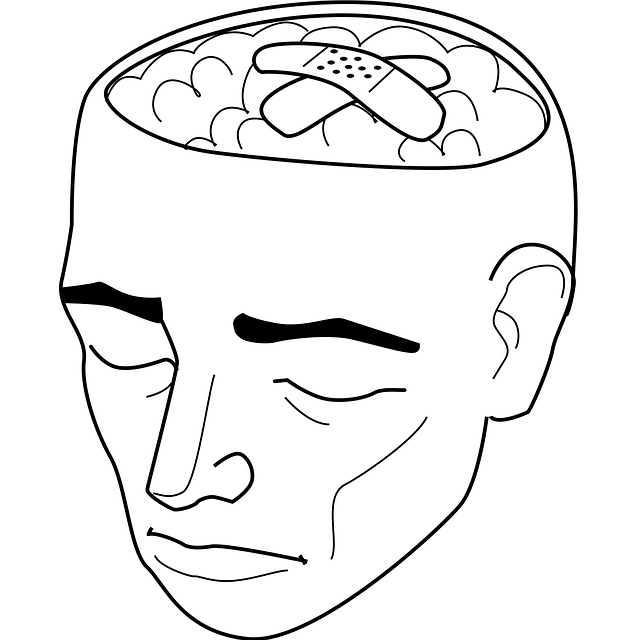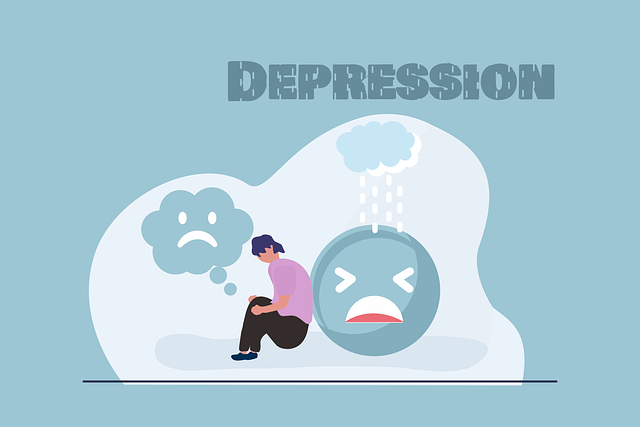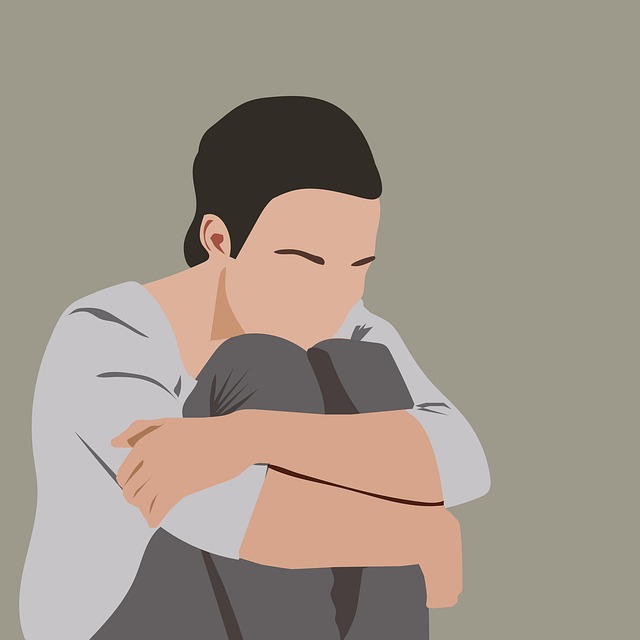Mental illness stigma, rooted in ancient times, continues to impact individuals and families today, especially in communities like Englewood Blended Families Therapy (EBFT). Undiagnosed conditions result from stigma hindering help-seeking behaviors. EBFT's community outreach programs promote mindfulness and cultural sensitivity in mental healthcare, breaking down barriers to care. Structured therapy sessions and support groups teach conflict resolution, foster open communication, and challenge stereotypes within blended families. Education and awareness campaigns, led by EBFT, raise public understanding of mental health conditions through workshops, webinars, and self-care practices, normalizing therapy and support-seeking behaviors. Policy changes and advocacy groups are crucial for creating an inclusive society where individuals with mental health conditions receive necessary care without discrimination.
Mental illness stigma remains a significant barrier, impacting individuals and families alike. This article explores comprehensive strategies to reduce this societal burden, focusing on the unique context of Englewood blended families. We delve into historical perspectives, the power of therapy and support groups, community education campaigns, and policy advocacy efforts. By examining these approaches, we aim to illuminate paths towards a more supportive society for mental health, particularly within the Englewood Blended Families therapy setting.
- Understanding Mental Illness Stigma: Historical Context and Impact on Individuals and Families
- The Role of Therapy and Support Groups in Englewood Blended Families: Strategies for Breaking Down Stigma
- Education and Awareness Campaigns: Empowering Communities to Reduce Stigma
- Policy Changes and Advocacy: A Pathway towards a More Supportive Society for Mental Health
Understanding Mental Illness Stigma: Historical Context and Impact on Individuals and Families

Mental illness stigma has deep historical roots, with its origins tracing back to ancient times when mental health conditions were often attributed to supernatural causes. This societal perception has evolved over centuries but continues to significantly impact individuals and families today. Historically, those with mental illnesses have been ostracized, marginalized, and even punished, leading to a culture of fear and secrecy surrounding mental health issues.
In many communities, such as Englewood Blended Families Therapy serves, the stigma persists, affecting help-seeking behaviors and contributing to undiagnosed and untreated conditions. This can have devastating consequences for individuals and their loved ones. The impact extends beyond the affected individual, creating a ripple effect on families, relationships, and social networks. Efforts to reduce stigma are crucial, with community outreach programs and initiatives promoting mindfulness meditation and cultural sensitivity in mental healthcare practice playing a vital role in fostering understanding and breaking down barriers to care.
The Role of Therapy and Support Groups in Englewood Blended Families: Strategies for Breaking Down Stigma

In Englewood blended families, where complex dynamics often lead to heightened emotional tensions, therapy and support groups play a pivotal role in stigma reduction efforts. Through structured sessions, families can learn effective conflict resolution techniques, fostering open communication that alleviates mental health concerns. Therapists provide a safe space for each member to express their feelings, addressing underlying issues that contribute to the familial stigma surrounding mental illness.
Support groups further bolster these initiatives by offering peer-to-peer connections, where shared experiences create a sense of belonging and understanding. These platforms encourage honest discussions about emotional intelligence, challenging stereotypes and promoting empathy within the community. By integrating therapy and support groups into mental health policy analysis and advocacy, Englewood blended families can move towards a more inclusive environment where mental well-being is prioritized, ultimately breaking down barriers associated with mental illness stigma.
Education and Awareness Campaigns: Empowering Communities to Reduce Stigma

Education and Awareness campaigns play a pivotal role in empowering communities to reduce the stigma associated with mental illness. These initiatives focus on spreading knowledge about various mental health conditions, their symptoms, and available treatment options. By educating the public, we can dispel myths and misconceptions that often fuel stigma. Englewood Blended Families Therapy has been at the forefront of these efforts, utilizing community outreach programs and workshops to engage families and promote understanding.
Through interactive discussions and educational resources, such as online webinars and self-care practices, individuals learn about the importance of mental well-being. Encouraging open conversations about mental health can help normalize the experience of seeking therapy or support. Moreover, teaching risk assessment techniques for mental health professionals empowers community members to identify signs of distress in themselves and others, enabling early intervention. Adopting mind over matter principles can also foster resilience and encourage individuals to prioritize their mental health, ultimately reducing the impact of stigma.
Policy Changes and Advocacy: A Pathway towards a More Supportive Society for Mental Health

Policy changes and advocacy play a pivotal role in reducing the stigma surrounding mental illness. By implementing supportive legislation, governments can create a more inclusive society where individuals with mental health conditions receive the necessary care and support. This involves updating policies related to healthcare access, employment, education, and housing to ensure fair treatment and equal opportunities for those battling mental illness.
Advocacy groups, such as Englewood Blended Families Therapy, have been instrumental in raising awareness, challenging stereotypes, and promoting understanding. They lobby for policy reforms, provide resources, and offer platforms for affected individuals to share their stories. Through these efforts, society can foster a culture of empathy, where mental health is viewed as an integral part of overall wellness, encouraging open conversations about self-care practices and positive thinking. This collective action paves the way for a more supportive environment, ensuring that those struggling with mental illness are empowered and not ashamed to seek help without fear of discrimination.
Mental illness stigma reduction is a multifaceted endeavor that requires understanding, education, and policy changes. As evidenced by the strategies employed in Englewood Blended Families therapy sessions, supportive communities can be fostered through targeted interventions and increased awareness. By combining historical context with modern approaches, we can break down barriers and create an environment where individuals and families affected by mental illness feel empowered and supported. Education campaigns and policy advocacy play crucial roles in normalizing conversations around mental health, ultimately leading to a more inclusive society.














